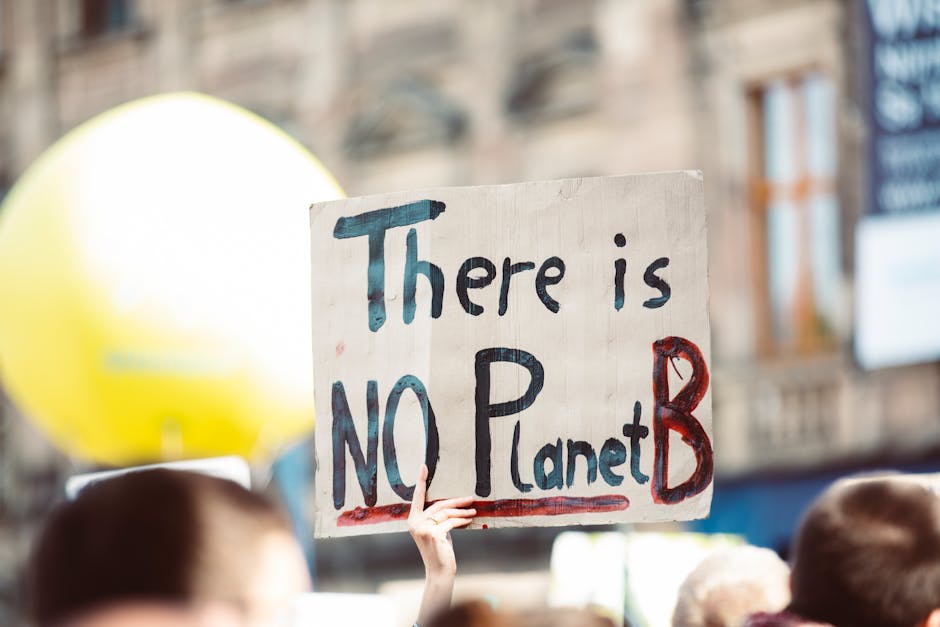Global warming, a pressing issue of our time, refers to the continuing increase of Earth's global average temperature and is primarily caused by human emissions like burning fossil fuels and deforestation. This increasing level of emissions causes an increase in greenhouse gases such as carbon dioxide, trapping heat in the atmosphere. The consequences of this warming trend are far-reaching and impact various aspects of our planet, from rising sea levels to more frequent and intense extreme weather events.
The evidence for global warming is overwhelming. Scientific data from multiple sources, including satellite measurements, weather stations, and ice core samples, consistently demonstrates a warming trend. Glaciers and ice sheets are melting at an alarming rate, contributing to rising sea levels, which pose a threat to coastal communities and ecosystems. Changes in precipitation patterns are also evident, leading to more intense droughts in some regions and increased flooding in others.
The consequences of unchecked global warming are dire. Extreme weather events, such as hurricanes, heatwaves, and droughts, are becoming more frequent and severe, resulting in significant economic losses and displacement of populations. Rising sea levels threaten coastal infrastructure and ecosystems, putting millions of people at risk. Changes in temperature and precipitation patterns can also disrupt agriculture and food security, leading to potential shortages and increased prices.
However, there are solutions to mitigate the effects of global warming. Transitioning to renewable energy sources like solar, wind, and hydropower is crucial for reducing our reliance on fossil fuels. Improving energy efficiency in buildings and transportation can significantly lower energy consumption. Sustainable land management practices, including reforestation and afforestation, can help absorb carbon dioxide from the atmosphere.
Individual actions also play a significant role in addressing global warming. Reducing our carbon footprint through simple changes in our daily lives can make a collective difference. Using public transportation, cycling, or walking instead of driving can reduce emissions from the transportation sector. Conserving energy at home by using energy-efficient appliances and reducing electricity consumption can also contribute to lowering emissions.
Furthermore, supporting policies and initiatives that promote sustainability and address climate change is essential. Advocating for stricter regulations on greenhouse gas emissions and supporting businesses and organizations committed to sustainable practices can create a positive impact. Educating ourselves and others about the causes and consequences of global warming is crucial for raising awareness and promoting action.
International cooperation is also vital in tackling this global challenge. Countries must work together to reduce emissions and develop sustainable solutions. Sharing knowledge, technologies, and resources can accelerate the transition to a low-carbon economy. Collaborative efforts are essential for achieving global climate goals and protecting the planet for future generations.
By understanding the causes and consequences of global warming and taking collective action, we can mitigate its effects and create a more sustainable future. Transitioning to renewable energy, improving energy efficiency, adopting sustainable land management practices, and making conscious choices in our daily lives are crucial steps towards addressing this global challenge. Working together, we can protect our planet and ensure a healthy and prosperous future for all.

